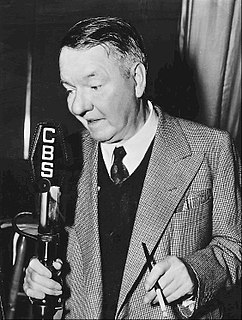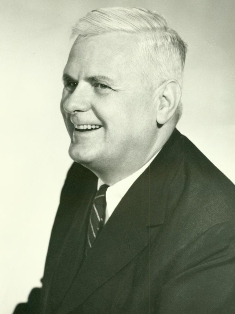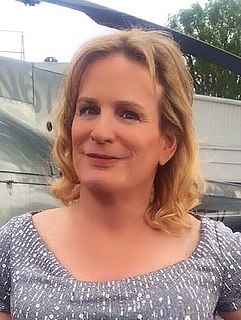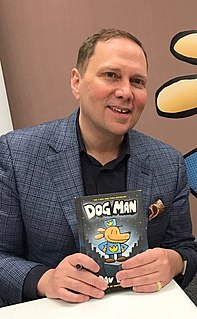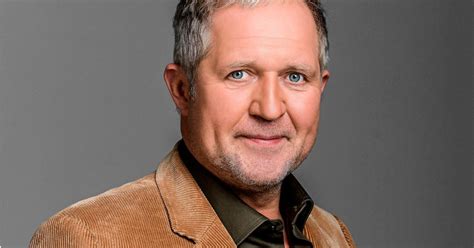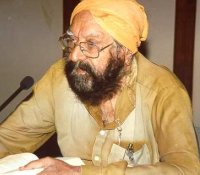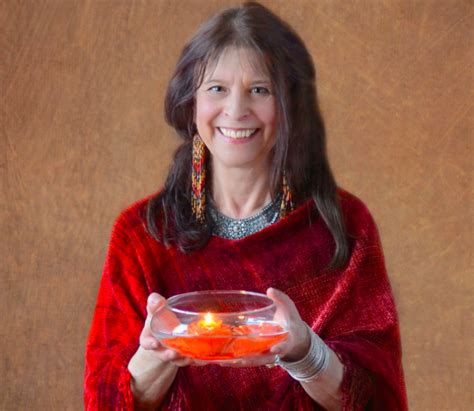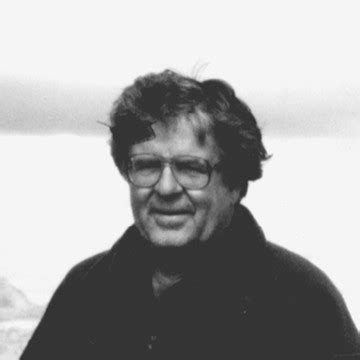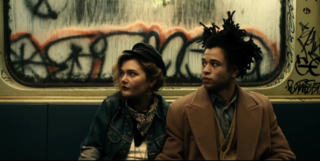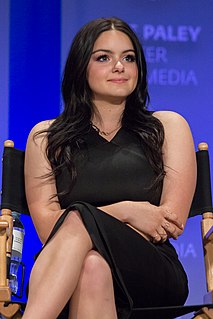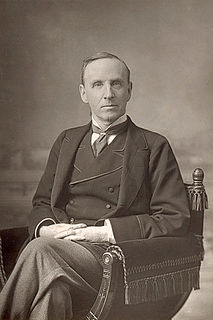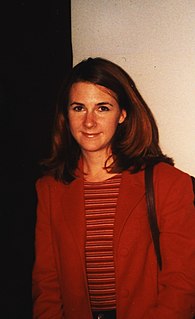Top 1200 Reading Stories Quotes & Sayings - Page 14
Explore popular Reading Stories quotes.
Last updated on December 23, 2024.
You are saying, are you not, I said to Manuelito, that stories have more room in them than ideas? [...] He laughed. That is correct, Señor. It is as if ideas are made of blocks. Rigid and hard. And stories are made of a gauze that is elastic. You can almost see through it, so what is beyond is tantalizing. You can't quite make it out; and because the imagination is always moving forward, you yourself are constantly stretching. Stories are the way spirit is exercised.
An acquaintanceship with the literature of the world may be won by any person who will devote half an hour a day to the careful reading of the best books. The habit of reading good books is one that gives great comfort in all the stages and among all the vicissitudes of life. The man who has learned to love good reading is never alone. His friends are the great ones of human history, and to them he may always go for stimulating and helpful communion. -GQ 71
In my case, I made the decision early on that I was going to be very open about the book and claim upfront that each of the stories was based on my life experience. I think my reasoning goes back to what I was saying earlier, about wanting the book to be "more than a book," that I wanted the reader to feel a little unsettled about what they were reading: there's a core of factual truth here.
There's a lot of great writing, and characters, and stories being told in television nowadays. And much more than there used to be. The opportunities to tell stories, because of the opportunities to show content. And so it's drawing actors from cinema, movie actors, actors to where there's a lot of opportunities to where you can tell stories.
I've learned mainly by reading myself. So I don't think I have any original ideas. Certainly, I talk about reading Graham. I've read Phil Fisher. So I've gotten a lot of my ideas from reading. You can learn a lot from other people. In fact, I think if you learn basically from other people, you don't have to get too many new ideas on your own. You can just apply the best of what you see.
I believe that if a child has a feel for writing and wants to write, there is an audience. Children should just dive in and go at it. I would encourage children to write about themselves and things that are happening to them. It is a lot easier and they know the subject better if they use something out of their everyday lives as an inspiration. Read stories, listen to stories, to develop an understanding of what stories are all about.
We can tell people abstract rules of thumb which we have derived from prior experiences, but it is very difficult for other people to learn from these. We have difficulty remembering such abstractions, but we can more easily remember a good story. Stories give life to past experience. Stories make the events in memory memorable to others and to ourselves. This is one of the reasons why people like to tell stories.
I had lots of time to read [being a lawyer] what I hadn't read in my school and college days. Being a bad student I barely passed my exams and I barely bothered about books. It was sports all the time. I started reading and got involved in literature and writing. The few cases I handled gave me the material for my early short stories.
Places come to exist in our imaginations because of stories, and so do we. When we reach for a "sense of place," we posit an intimate relationship to a set of stories connected to a particular location, such as Hong Kong or the Grand Canyon or the bed where we were born, thinking of histories and the evolution of personalities in a local context. Having "a sense of self" means possessing a set of stories about who we are and with whom and why.
It has been said, "History is written by the victors." I take this to mean we can make ourselves victorious by writing, and then rewriting our own stories. In a country and culture so dominated by media, by the manipulation of words and stories, telling the tales of people whose stories historically have not been told is a radical act and I believe an act that can change the world and help rewrite history.





















